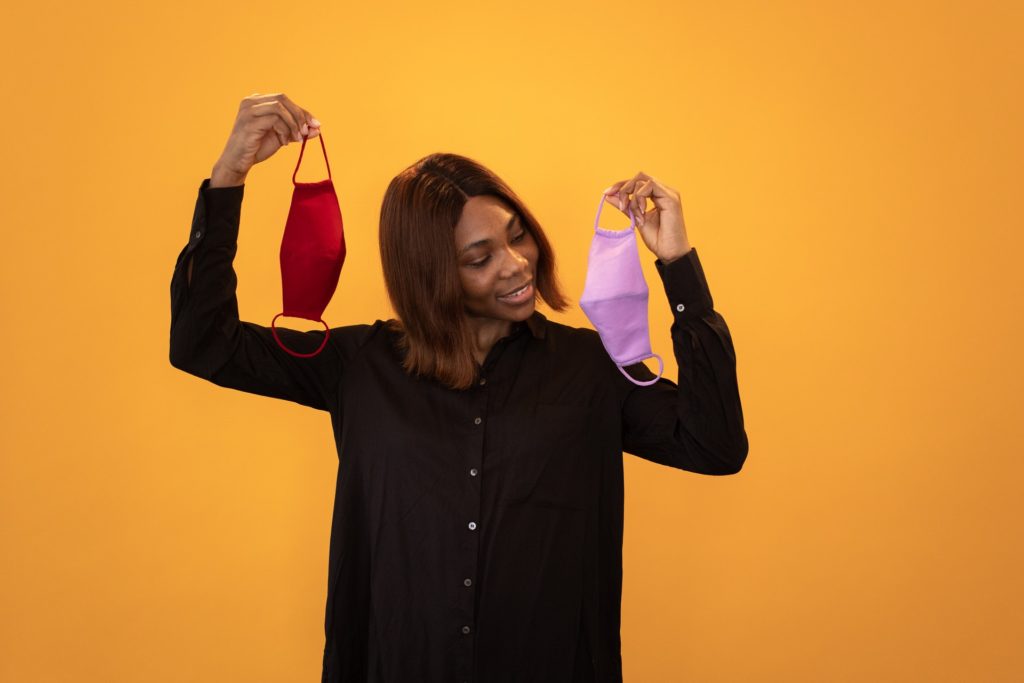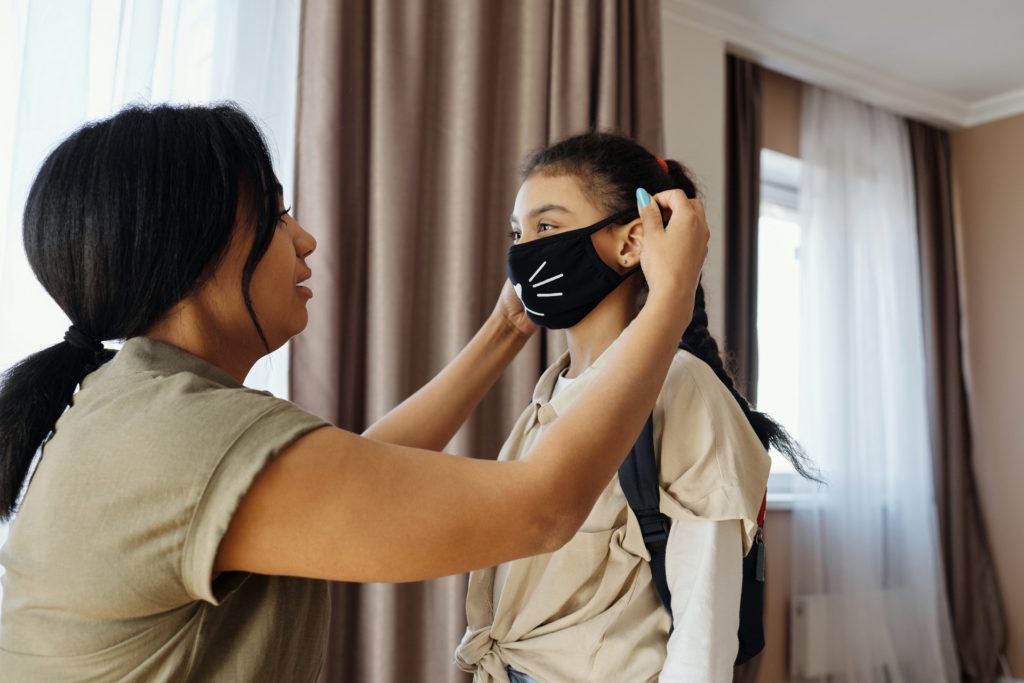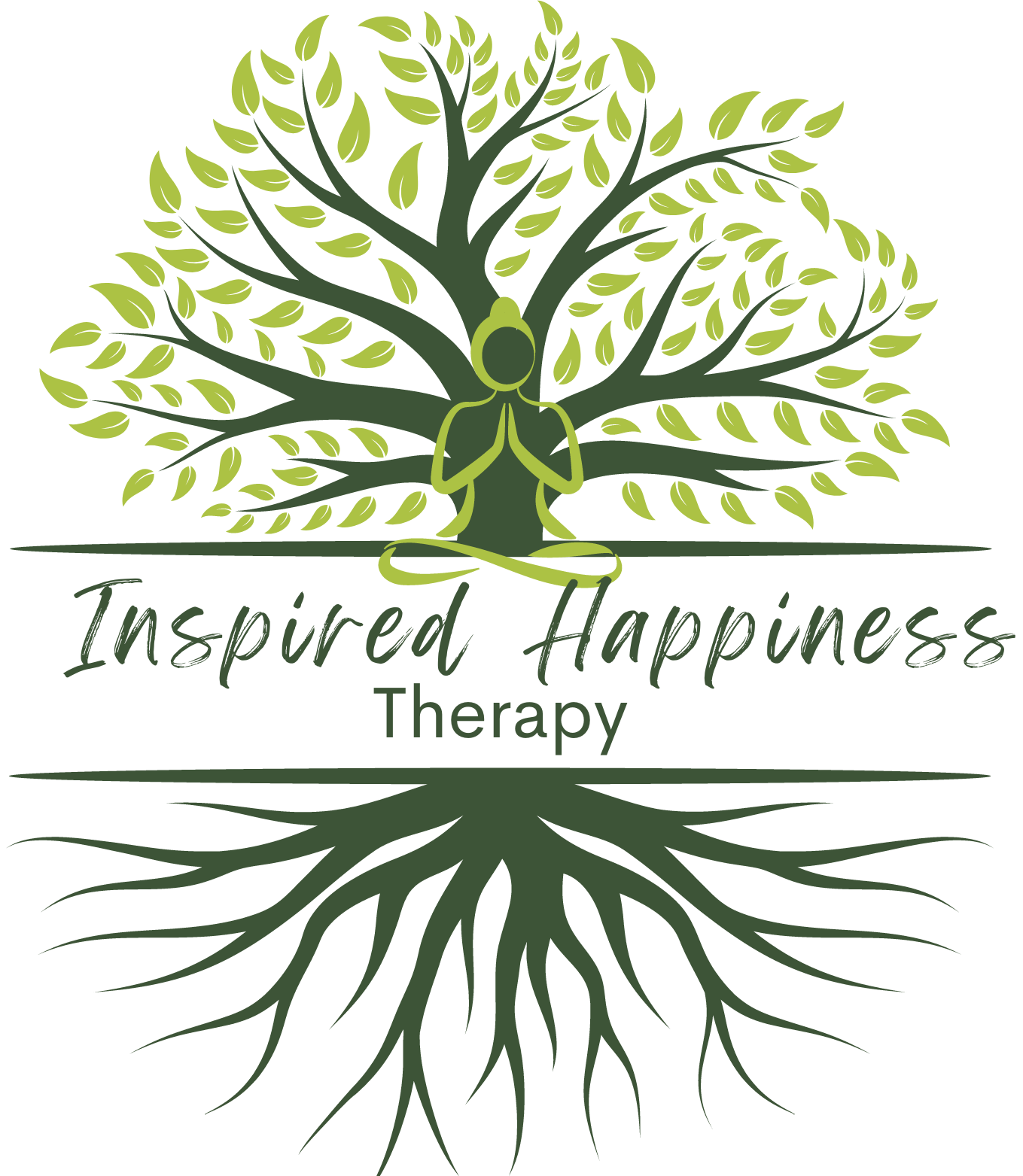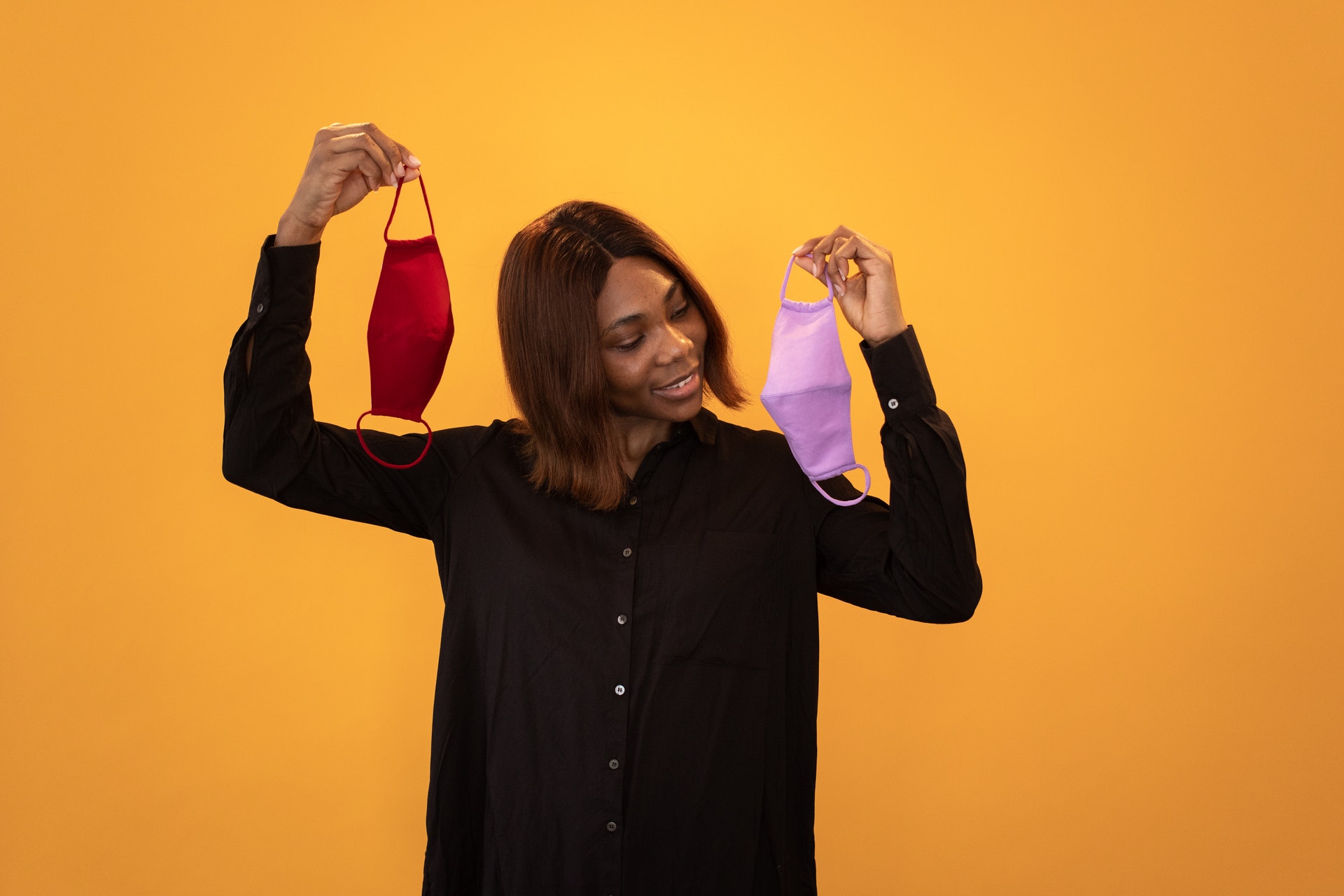Managing COVID Fatigue (Chronic Stress) When You Thought the Worry was Over
By late spring of 2021, I was breathing an unmasked sigh of relief. Like many people, I felt that the worst of COVID-19 was over. I was fully vaccinated, most of my friends and family members were fully vaccinated, I even took a trip to the Grand Canyon! When COVID shutdowns began in March 2020, I realized that I was not doing enough traveling and made a commitment to myself to do more once the world reopened. It was on that trip that I went to a restaurant for the first time in over a year (masked) and life started to feel “normal” again.
While I still spend much less time in restaurants than I did before corona virus and visit stores less frequently, when mask mandates loosened I stopped wearing a mask in public. I was fully vaccinated and as a client pointed out: “We told everyone at the beginning of the pandemic to trust the science. Shouldn’t we trust the science now?” That made a big impression on me. I believe that we have to act in a way that is congruent to our beliefs. If I wanted people to push through their fears of getting vaccinated then as a vaccinated person I should push through my fears of being in public unmasked.


The Delta Variant and the Return of Anxiety
Just as we were all relieved to stop having coronavirus be the center of our thoughts and conversations, here in the south and especially in Mississippi, numbers started to rise. With only a 34% vaccination rate, the vast majority of people in Mississippi remain unvaccinated. The morning news started to report that all of the ICU beds in the state are full again. Children (under 18) of Facebook friends are catching COVID and school hasn’t even started yet.
Fully vaccinated friends are beginning to mask in public again.
I was hit this week by a waive of frustration and dread. I wanted to scream: “I thought that we were done with this!” I am sure that if I am feeling this, many of you are feeling this as well. We thought that the storm had passed but it turned out we were only in the eye of the hurricane.
“The secret of change is to focus all of your energy, not on fighting the old, but on building the new.” -Socrates

Humans Do Not Deal With Ongoing Stress Well
Something that is I am sure of no surprise is that humans do not handle chronic, long-term stress very well. It drains our immune systems, it inhibits our sleep, it can lead to unhealthy coping with food, alcohol, drugs, or shopping. We begin to feel hopeless and wonder if things will ever get better. Some of these things are even symptoms of depression! If helplessness and hopelessness are something we get used to, how do we know if we have become depressed? Lack of sleep can make us irritable with our loved ones and more likely to skip a workout to sit listlessly on the couch, scrolling through social media.
Many of my clients report that the isolation from friends has not changed since mask mandates were lifted. People are more socially isolated than ever after 2020 and with COVID numbers beginning to rise again, those that were reaching out are likely to cancel plans to see people they used to enjoy spending time with.
As anxiety sets in about the future and what it holds, how do we cope with what they are now calling the “fourth wave” of COVID?

How to Cope with Chronic Stress
- Focus on what you can control
We cannot control what other people do – whether or not they get vaccinated; whether or not they wear masks; even whether or not they believe COVID is an issue or not! What we can control is ourselves and our reactions. Many people are choosing to wear masks in public again, which is something they can control. - Use radical acceptance
Radical acceptance asks us to accept whatever is happening without assigning a positive or negative value to it, it simply is. We don’t have to like whatever it is we are accepting, we only have to stop fighting against in. COVID numbers are going up and all we can do is accept that we are not completely through this pandemic yet. To fight against that will only make us feel worse. Read more about radical acceptance in this blog post.
“If you don’t like something change it; if you can’t change it, change the way you think about it.” – Mary Engelbreit
- Keep practicing self-care
Hopefully you have already been really mindful about practicing self-care. Even if you have not been, now is a good time to either start or to keep up the good work! Eat healthy foods, move your body most days, do not socially isolate. Don’t spend too much time on social media, don’t argue with people who disagree with you, turn off the news if you need to. Take up a new hobby or revisit one that you started during the beginning of lockdown but stopped. - Don’t socially isolate
Spend time with low risk friends in places where you both feel safe – maybe meet up for coffee but take it to a park! Go for a walk together, invite someone over for a YouTube yoga class. Have a zoom call with friends that live far away. Keep reaching out if you had started making an effort to do so and if you haven’t started yet, consider this your sign to call or text a friend. - Talk to your friends and family who are not vaccinated
Unfortunately, we will continue to have problems until more people get the vaccine. With not even close to half of the people in Mississippi being fully vaccinated, it stands to reason that some of your friends and family have not yet gotten the vaccine. Talk to them and express your concern – come from a place of love and caring. “I love you, I’m worried about you. I don’t want to lose you” is much more effective than arguing about conspiracy theories and misinformation. You are not likely to make anyone feel better about getting the vaccine by telling them they are wrong. What you can do is express your feelings and offer to talk to them more about their reservations if they would like to. If possible, you can offer to go with them when they get the shot so that they have moral support. No matter how obvious it seems to you, not everyone has the same information you do and not everyone consumes the same media. Remember that you care for your loved ones so always speak about it from a place of empathy rather than anger. - Use mindfulness
Staying in the present moment is a good way to combat anxiety and worry, which are typically future-focused. Anxiety usually involves “what ifs.” “What if I get sick? What if my family member catches COVID? What if I lose my job?” Anxiety believes that if we have a plan for every possible scenario we will be better equipped to handle it when it happens. Truthfully we are not any more prepared than if we had not worried and sometimes a situation arises that we could not have predicted to even worry about! Worry about the future steals peace from the present. When you begin to worry, tell yourself “I’ll deal with that if/when it happens” and focus on what you’re doing right then. Meditation is helpful for practice redirecting your thoughts but it is not necessary in order to practice mindfulness. - Let yourself grieve and feel your feelings
If you are angry, be angry! It’s ok to feel angry that we are having a resurgence of COVID-19. Express your anger by journaling, venting to a friend, or through physical activity. Don’t yell at someone who has different beliefs than you, this will NOT make you feel better, even if you want to in the moment. Identifying what you feel and allowing yourself to feel it is an important part of moving through the feeling. Whether you’re sad, angry, afraid, worried, whatever the feeling is just allow yourself to feel that way for a few minutes. Cry if you need to. Write down your fears. Although it feels counterproductive, by allowing yourself to feel whatever you feel, the feelings often pass more quickly than you think they will. - Remember, you are resilient!
Resiliency – the ability to “bounce back” after hardship is not a personality trait. We are all resilient and can become even more so by using the same tips that I have shared in this post. Self-care, adequate sleep, eating a healthy diet, spending time doing things you enjoy, social outlets, and allowing yourself to feel your feelings when you need to are all ways to increase resilience.

Stacey Aldridge, LCSW
Stacey is the owner of Inspired Happiness Therapy and Wellness in Ridgeland, MS. If you are interested in seeing Stacey for therapy please visit the appointments page.


